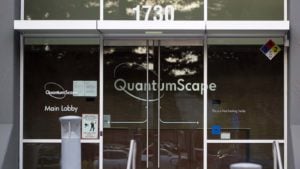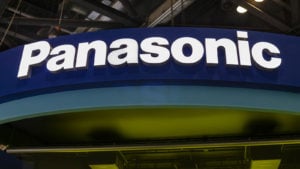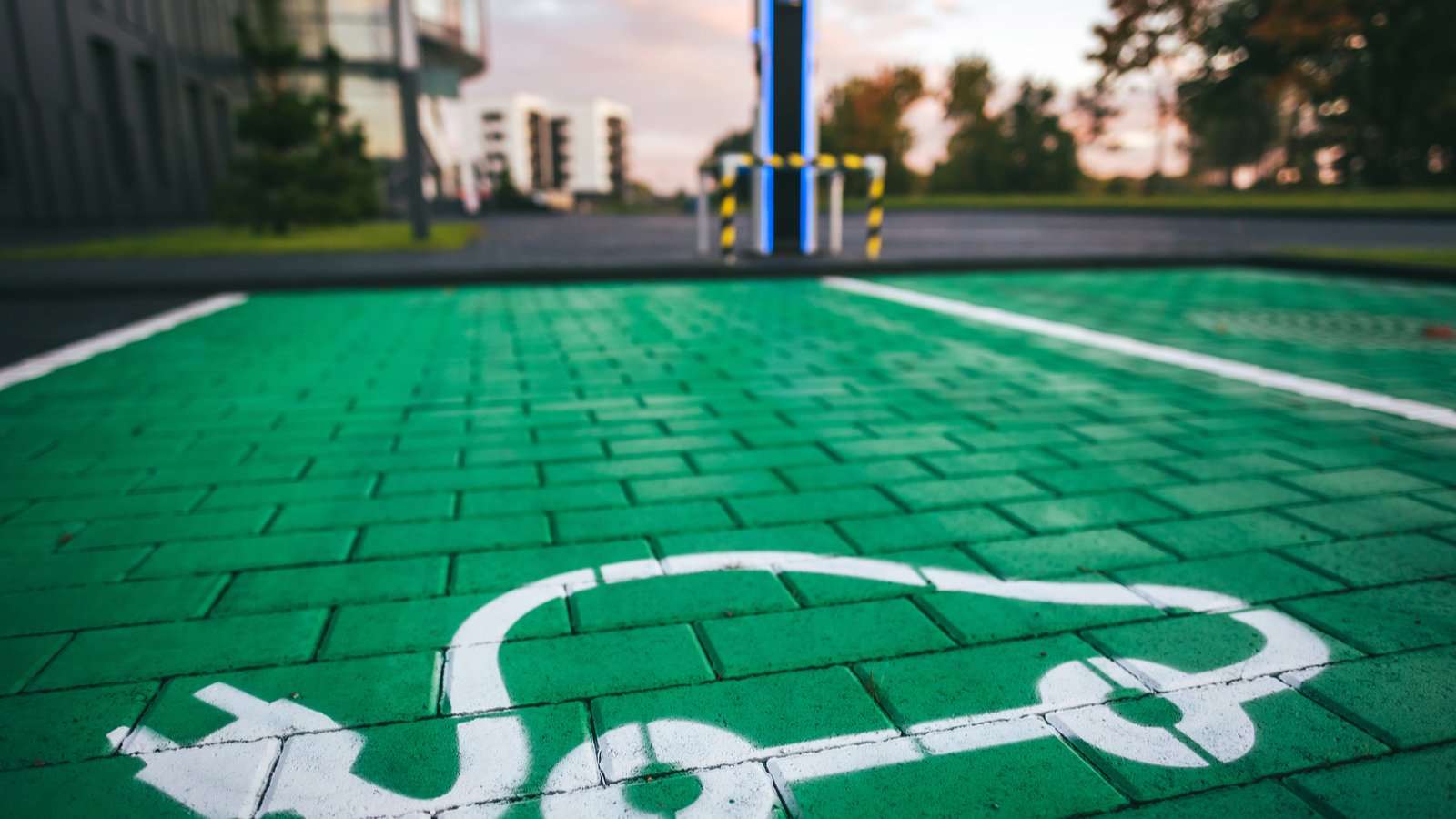Read The Full Article On: Investorplace
When it comes to batteries that power clean-energy technologies, including electric vehicles, lithium-ion is the concept that many investors recognize. For example, those are the batteries that power Tesla (NASDAQ:TSLA) vehicles, among others. But what about glass battery stocks?
As is the case with the broader renewable energy segment, battery technology is evolving and a new concept is emerging that could benefit users and investors: glass batteries. Glass batteries could potentially solve one of the primary issues associated with lithium-ion batteries. That being storage capacity. Bolstering storage capacity is one of the avenues purveyors of renewable energy are leaning on to draw consumers from traditional technologies, including internal combustion engines (ICE). Plus, there are safety benefits that come along with glass batteries.
“It is also neither volatile nor flammable, and does not display issues of lithium dendrite growth that plagues li-ion batteries, which can cause short-circuits and present safety hazards,” according to The Driven.
For developers, the trick is getting glass batteries into vehicles that are sold commercially and doing so on a basis that’s cost-effective relative to ICE-powered automobiles. That’s not happening now, meaning there’s some risk involved for investors, but there’s also opportunity. With that in mind, here are some glass battery stocks to consider.
Albemarle (ALB)

Source: IgorGolovniov/Shutterstock.com
Albemarle is one of the dominant names in lithium production and ALB stock reflects as much with a year-to-date gain of 31.48%. As one of the kings of the lithium-ion space, Albemarle can leverage that experience in the glass battery arena because lithium will be a key component in the next-generation batteries. In fact, Albemarle stands to be a big winner if glass battery technology takes off because these products with require more lithium than lithium-ion equivalents.
Moreover, Albemarle’s glass business sees applications beyond the electrical vehicle space, giving the company avenues to tap into multiple markets.
“Specific optical products, i.e. for spectroscopy, use lithium containing additives (lithium carbonate, lithium fluoride, spodumene) in the glass composition,” according to the miner. “Lithia (lithium oxide, released from either lithium carbonate or spodumene) is also used in container glass, flat glass, pharmaceutical glass, specialty glass and fiberglass. These glass products are designed for durability and corrosion resistance or for use at high temperatures where thermal shock resistance is important.”
Albemarle also investors solid credit and myriad favorable fundamental opportunities.
“Albemarle’s credit profile reflects strong margins, diverse and leading technologies, strong and unique raw material sources, and strong business positions across its bromine and lithium-based portfolio,” according to Moody’s Investors Service. “The ratings also reflect high debt and stressed metrics, and incorporate event risk given the strategic focus to expand its lithium portfolio in step with the fast-growing EV market.”
Kensington Capital (KCAC)

Source: Tada Images / Shutterstock.com
Kensington Capital is one of many special purpose acquisition companies (SPACs) appearing this year targeting the electric vehicle industry. For investors, part of the good news is that the blank-check company already has a deal in place in the form of Volkswagen-backed QuantumScape.
That company is angling to become a force among suppliers of EV batteries, though it’s focus is on solid state batteries. That qualifies as next-generation battery technology, but KCAC stock is somewhat risky herefollowing an almost 43% plunge from its September highs.
Additionally, investors considering the SPAC shares with the intent of holding when the merger with QuantumScape is finalized will likely need to exercise patience because it will be 2028 before the company generates $6.5 billion in revenue. QuantumScape is forecasting commercialization of solid state batteries in 2025.
At the end of the day. QuantumScape is a next-generation battery idea and a potentially interesting one that, but it the name could require more patience than many investors are willing to extend.
Panasonic (PCRFY)

Source: testing/Shutterstock.com
Panasonic is a name familiar to many as a maker of consumer electronics. But it’s also a major supplier to Tesla, putting it front and center in the battery battle. Panasonic operates 13 lines at Tesla’s Nevada gigafactory and said earlier this year that new technology will enable it to bolster density by 5% while reducing cobalt input. The company is hoping to manufacture cobalt-free batteries in a few years, which could reduce costs.
Those are feathers in Panasonic’s cap. The company is also growing its next-generation battery footprint, an endeavor it must execute to appease investors. The allure here is easy to comprehend. In addition to improved density, glass batteries are significant improvements over lithium-ion rivals when it comes to charging times.
At its Battery Day a few weeks ago, Tesla said it plans to ramp up purchases from Panasonic, but cautioned that widespread battery improvements will not be seen until 2022. This is mostly positive for Panasonic. But the company needs to find other end markets and large-scale customers for its battery technology, glass or otherwise. Supply shortages could compel Tesla to seek product elsewhere.

